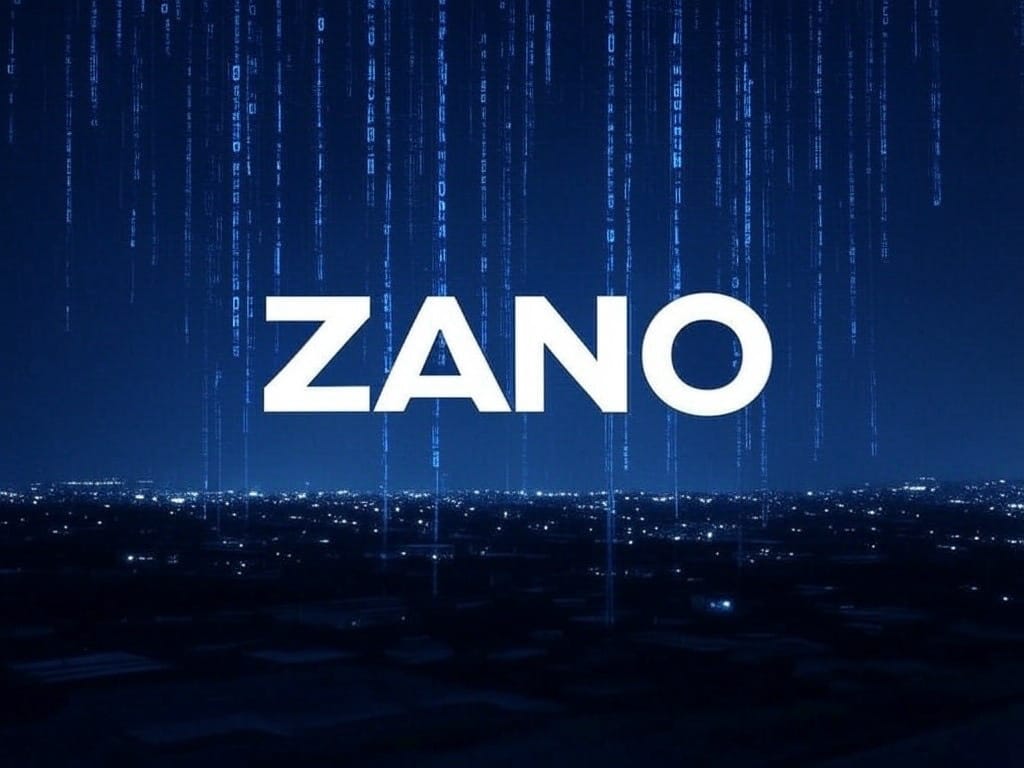Zano Matrix Unveiled: Pioneering Privacy in Decentralized Messaging

The Zano project has just elevated its ecosystem to another level with the launch of Zano Matrix, a secure, private messaging platform that integrates the power of Matrix's decentralized communication protocol with the unique identity verification of Zano aliases. This move not only ensures privacy and security but also brings a new level of user autonomy to digital communications.
Matrix, for those unfamiliar, is an open-source protocol designed for decentralized, real-time communication. It supports messaging, voice, and video calls, functioning across a federated network where users can host their own servers while still communicating with others across the network. Think of it like email, where interoperability between different service providers is seamless and efficient.
Zano Matrix takes this concept further by integrating with Zano's decentralized network, allowing users to authenticate via Zano aliases. This means each user can claim a unique username on the platform, verified through their Zano alias, which adds a layer of identity assurance missing in many current messaging solutions. The platform runs on Zano's own hardware, ensuring that all communications are end-to-end encrypted and truly private.
The Advantages of Choosing Zano Matrix
Zano Matrix isn't just another messaging app; it's a statement on how communication should be in today's digital age. By being decentralized, there's no central point of failure or control, which means more resilience against hacks, surveillance, or censorship. Privacy and security are paramount, with end-to-end encryption ensuring that only the communicating parties can read the messages. Users have the control over their data, especially if they choose to host their own server, which is a significant leap towards true data ownership.
The open-source nature of both Matrix and Zano allows for transparency and customization. This isn't just about using a service; it's about understanding and potentially modifying it to suit specific needs or preferences. The verification aspect through Zano aliases makes it particularly useful for professional interactions within the Zano ecosystem, where knowing you're communicating with the rightful owner of an alias can be crucial for trust in transactions or collaborations.
To dive into the Zano Matrix experience, users can start by visiting the Zano Matrix Messenger at messenger.zano.org. Here, you would connect your wallet using Zano Companion, set up a password and username, and then configure your Matrix client—preferably something like Element, which can be downloaded from the Matrix official website. Remember to adjust the server settings from the default "matrix.org" to "zano.org" to connect to Zano's specific server. Once logged in with your Zano alias as your username, you're ready to start messaging.
Additionally, the integration with Zano Explorer provides a neat feature where clicking on a Matrix icon next to a user's profile can directly initiate a private chat, making communication within the Zano community more seamless and direct.
In essence, Zano Matrix represents a commitment to privacy, security, and user empowerment in digital communications. It's not just about sending messages; it's about redefining how we think about and engage with communication platforms in a world where these elements are increasingly at risk. With Zano Matrix, Zano continues to push the boundaries of what decentralized systems can achieve, providing a robust, secure, and user-centric communication environment.

